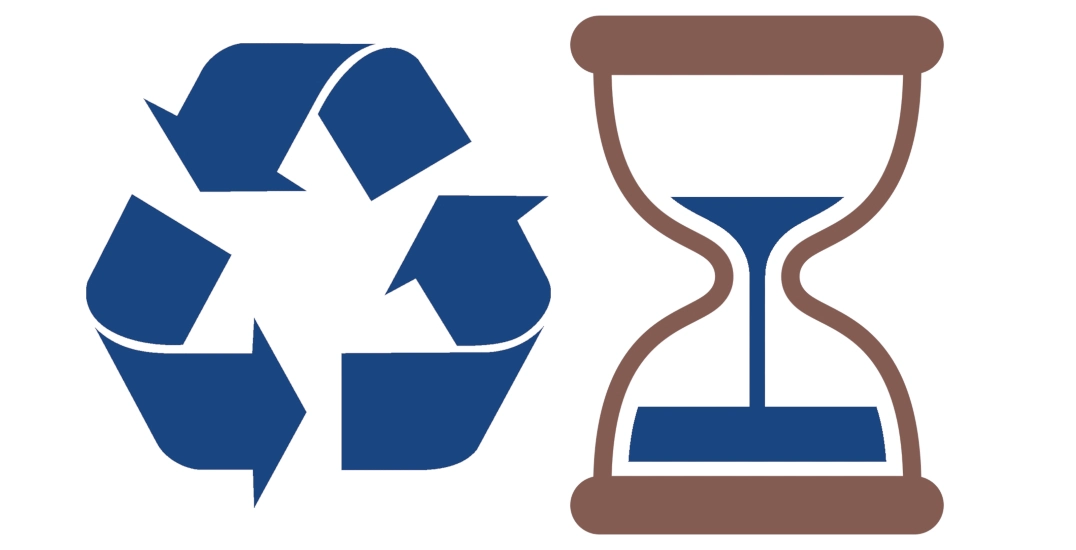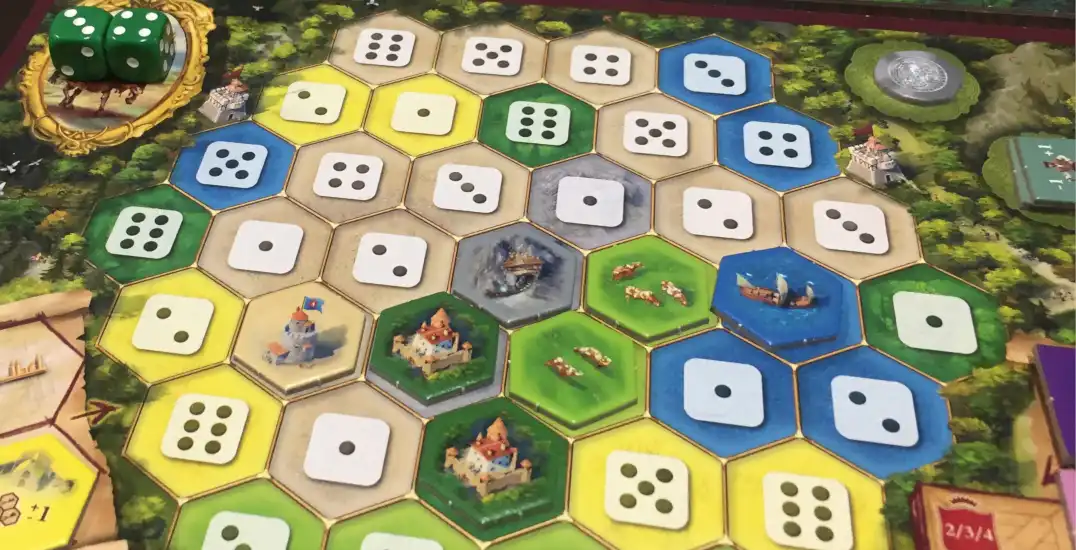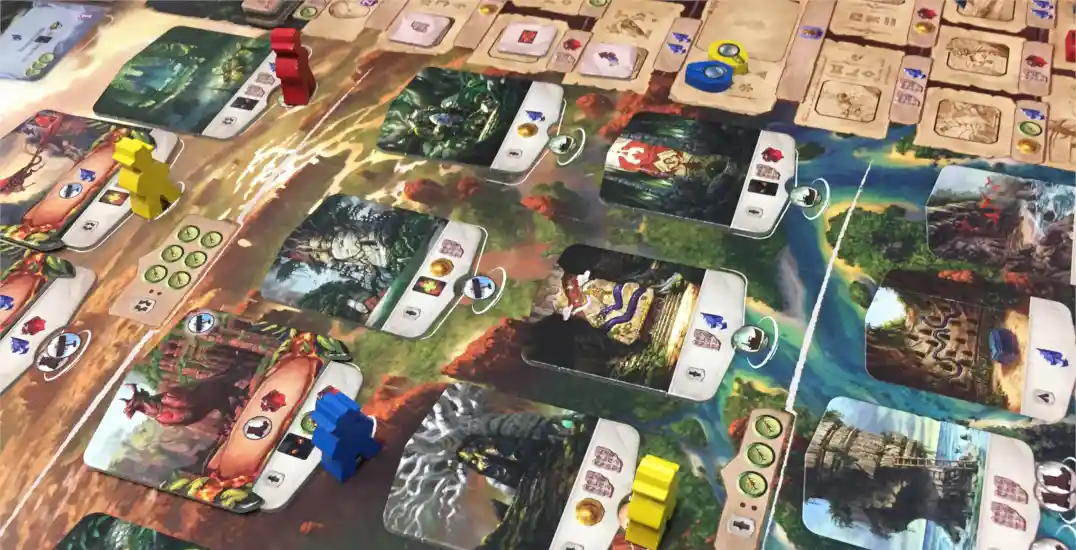 Making mistakes while playing is inevitable. Not wanting to ruin our experience, we might ask others for a takeback. But what kind of takebacks are fair? We don’t want to go give ourselves an advantage or be unfair, but the alternative seems harsh and punishing. I use a simple stance to allocate takebacks. Let’s give it a look.
Making mistakes while playing is inevitable. Not wanting to ruin our experience, we might ask others for a takeback. But what kind of takebacks are fair? We don’t want to go give ourselves an advantage or be unfair, but the alternative seems harsh and punishing. I use a simple stance to allocate takebacks. Let’s give it a look.
TAKEBACKS
Before we start, we must first ask ourselves “Why allow takebacks at all?” Making mistakes is a part of games. Learning to play them well requires our skill and attention. Bending the rules risks watering down the experience and may even open the door to unintentional cheating. Why not just roll with our mistakes?
After all, one of the reasons to be strict about the rules is the hope that it will reduce the number of mistakes. But I haven’t found that to be the case. Rather, it has increased the number of non-games. As for cheating, I believe a good stance on takebacks shouldn’t open the opportunity for it.
Not allowing takebacks makes games worse. We can ruin a match through all sorts of unimportant details, like playing cards in the wrong order or confusing one piece with another. Miscounting or forgetting an effect can quickly spiral out of control and render our whole strategy pointless.
I don’t think our experience deserves to be ruined because we forgot a tiny detail or miscounted. I want games to be decided by difficult choices and misjudged friendships, not technicalities. In my experience, allowing takebacks makes for a smoother experience where players can focus on what makes games valuable.
 I’ve also found board gamers to be much more strict than even tournament players. No one has ever refused me a takeback in Netrunner or even Legend of the Five Rings, but I often find myself at odds with casual boardgamers. I don’t think there’s a need for a strict rule when everyone’s playing for fun.
I’ve also found board gamers to be much more strict than even tournament players. No one has ever refused me a takeback in Netrunner or even Legend of the Five Rings, but I often find myself at odds with casual boardgamers. I don’t think there’s a need for a strict rule when everyone’s playing for fun.
After all, takebacks are no excuse for sloppy play. We are still responsible for keeping the game going and being fair to our opponents. Takebacks should not become an excuse for carelessness. This is why I follow a simple set of rules to decide what takebacks are acceptable to use.
STANCE
My stance on takebacks is as follows: I allow takebacks as long as the player hasn’t obtained any new information. What does that mean?
- No cards or tiles are revealed and no dice are rolled.
- You haven’t seen your opponent’s reaction or move.
I also add a couple caveats:
- Any revealed information that only penalizes that player is fine to take back (Eg. Showing an extra card from your hand).
- Takebacks should be easy to implement. If it requires rolling back too much, I would rather run along with it.
I like this stance because it’s easy to understand and doesn’t lead to unintentional advantages. If you get wood when you meant to take stone, nothing changes if you take it back. Similarly, it doesn’t lead to conflicts with other players as the window to take back your move is over by the time they could get affected by it.
 I also believe that all players have the responsibility to keep the legal board state. It’s wrong, both from a rules and a sportsmanship perspective, not to remind others of their mandatory actions. I also think it’s better to warn other players of a potential blunder than have them do it and get a poor match.
I also believe that all players have the responsibility to keep the legal board state. It’s wrong, both from a rules and a sportsmanship perspective, not to remind others of their mandatory actions. I also think it’s better to warn other players of a potential blunder than have them do it and get a poor match.
Still, I always ask other players if it’s fine to take back a move. The goal is not to override the concerns of others, but to have a better time playing. I think it’s polite to do so, like excusing yourself for knocking a piece over. It promotes fairness and care, which is what truly matters.
EXAMPLES
Since my stance on takebacks might be hard to imagine in practical terms, let me use some examples to show what I would allow and why.
A player chose one card but meant to play another.
Since no information was gained, simply take the card back and play the right one.
Two players reveal cards at the same time, but one misplayed.
Unlike the previous example, we’ve already seen the next move. Turning back these plays is difficult and distorts the game heavily. I would not allow a takeback.
A player forgot to take a coin at the start of their turn.
Keeping a legal gamestate is the responsibility of all players. I would allow the player to take the coin as long as it doesn’t mess with others. A player miscounted the necessary resources to go up the track while playing The Lost Ruins of Arnak and is now out of the game.
A player miscounted the necessary resources to go up the track while playing The Lost Ruins of Arnak and is now out of the game.
If recognized late, there’s no easy way to fix these errors. Our fictional player must accept defeat and lighten himself up by making subtle references to it in one of his articles.
A player moved a worker to a space that already had another piece in it, an illegal move.
If it’s recognized instantly, I would take it back. If not, I would simply roll with the mistake. You cannot take back a whole turn easily.
Playing a cooperative game with no communication allowed (like Hanabi or The Crew) a player shows the wrong card to another.
Being strict, you should play the wrong card. You may have not gained any new information but your team has. Alternatively, you can cheat a little and take it back.
Ultimately, the goal of takebacks should be to make games better. I hope sharing my stance helps you have more fun at the table and solve this common issue.




Yeah but who would ever miscount the resources in Arnak??
I like to give newer players to a game much more leeway with takebacks, to the point where it can be partway through an experienced player’s turn. It’s about keeping everyone happy!